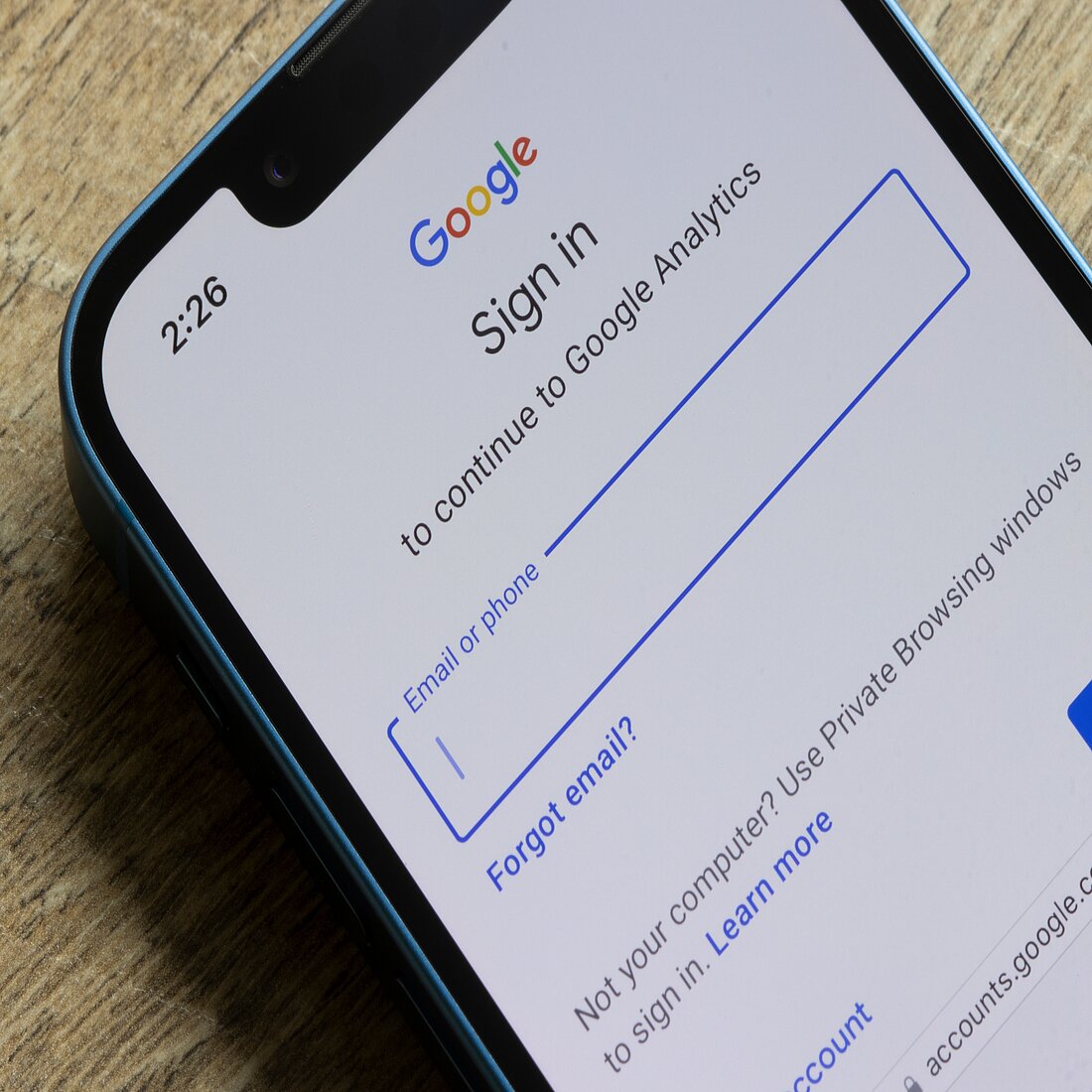
Simon Coulthard February 06, 2023
The most robust data protection framework in the world is now provided by the European laws that now regulate the transfer of data both inside and outside of the EU.
Since EU privacy regulations were introduced in commercial tracking, an increasing number of stakeholders started pushing for a targeted modification of the law because they see EU data protection standards as a danger to Europe's data-driven economy.
The European Parliamentary Research Service (EPRS) has released a status quo study on current tracking procedures at a time when the discussion has grown much more divisive.
This report provides examples of how top internet corporations track internet users across platforms and applications.
Read more about this topic in the EPRS report.
The Logic Behind Commercial Tracking
Many businesses personalize products, processes, and advertising by forecasting customer attributes and behavior through profiling and data analysis.
They do this in order to fulfill business objectives and enhance their user experience, and use various techniques to gather the user data needed to this end.
In addition to asking for information or monitoring offline behavior, they also get data by logging and tracking user actions, through so-called "scraping", data trading, mergers, and business acquisitions.

Many researchers agree that the advertising that supports the free internet is, quite simply, the main driver of tracking and profiling activities.
In fact, businesses and trade groups promote big data analytics as the secret to success, frequently stressing that profiling is the key to a new era of business information and customized services.
In this scenario, Google's global ad income in 2021 was $209.49 billion, with Meta coming in second with $114.93 billion and Amazon third with $31.16 billion. IAB Europe claims that in 2016 behavioral targeting made up 66% of all digital advertising and was responsible for 90% of its growth.
Studies show that targeted advertising has a click-through rate that is typically five times greater than run-of-network advertising. In 2009, advertisers were prepared to spend about three times as much for targeted advertising as they were for standard advertising.
Google Tracking Online Behavior
Google was anticipated to make $244 billion from digital advertising in 2022, almost twice as much as its rival Facebook ($136 billion), according to Statista.
Google's privacy policy explains how it gathers and mixes data from users of its services, apps, websites, gadgets, and other products integrated into those of third parties.
The tech company employs a number of technologies - such as cookies, web beacons, local storage, databases, and server logs - to collect information. Google stores the data gathered (including from third-party websites and apps) in users' Google accounts if they are logged into their accounts.
Additionally, Google collects user data from sources like directory services, marketing partners, and security partners as well as from publicly accessible sources. The IT department gathers content that users generate, publish, or receive from others as well as user-provided data such as phone numbers or payment information (account and contact details).
Moreover, certain platform data as well as usage, activity, and location data are gathered.
Unique identifiers, device details, and configuration options, information about the mobile network (such as the name and contact information for the carrier), and IP addresses are all included in platform data and platform usage data.
In order to offer information about the device and its connection to services, some Android-powered devices periodically communicate with Google servers about this data.
Future Improvements in Data Protection
Google and Apple recently announced and partially implemented curbs on site and app monitoring in response to the lack of data privacy. With the launch of its Intelligent Tracking Prevention program in September 2017, Apple started to block third-party cookies in the Safari browser.
A similar program, the Privacy Sandbox for Chrome, was unveiled by Google in 2023.
Despite the prominence of well-known online platforms in our daily lives, many choices are still kept secret. "It's alarming that we still know so little about companies that know so much about us.", states the US Federal Trade Commission.
Since it is unlikely that online platforms will break with long-standing practices, data protection will continue to be a digital-ethical key driving force for the fundamental rights and freedoms of individuals in 2023.
As long as the General Data Protection Regulation (GDPR) exists, the rights of internet users will be protected.
Share article
Get Started for Free
Gain World-Class Insights & Offer Innovative Privacy & Security


Stay Updated & Get Inbox Insights
Keep pace with the world of privacy-first analytics with a monthly round-up of news, advices and updates!








